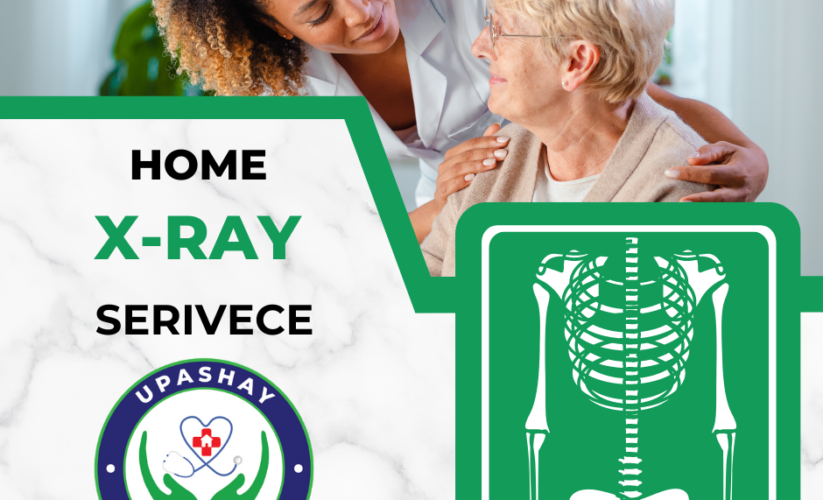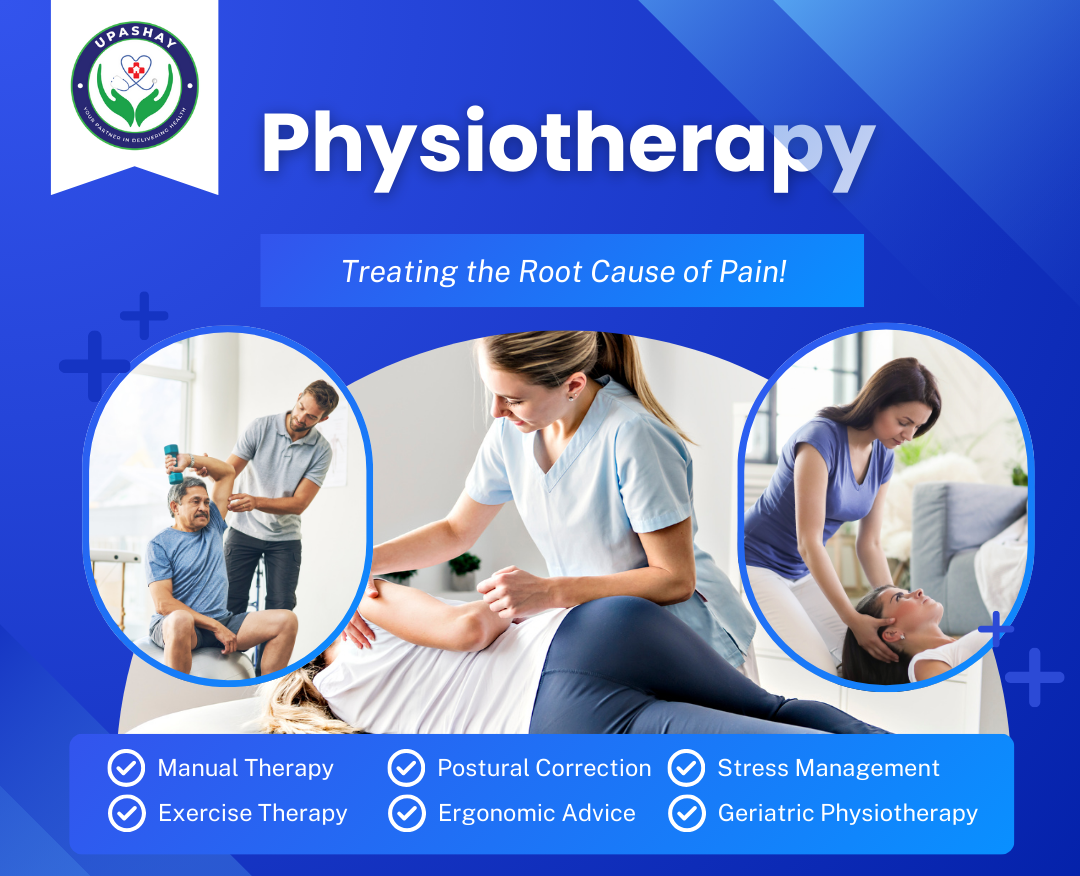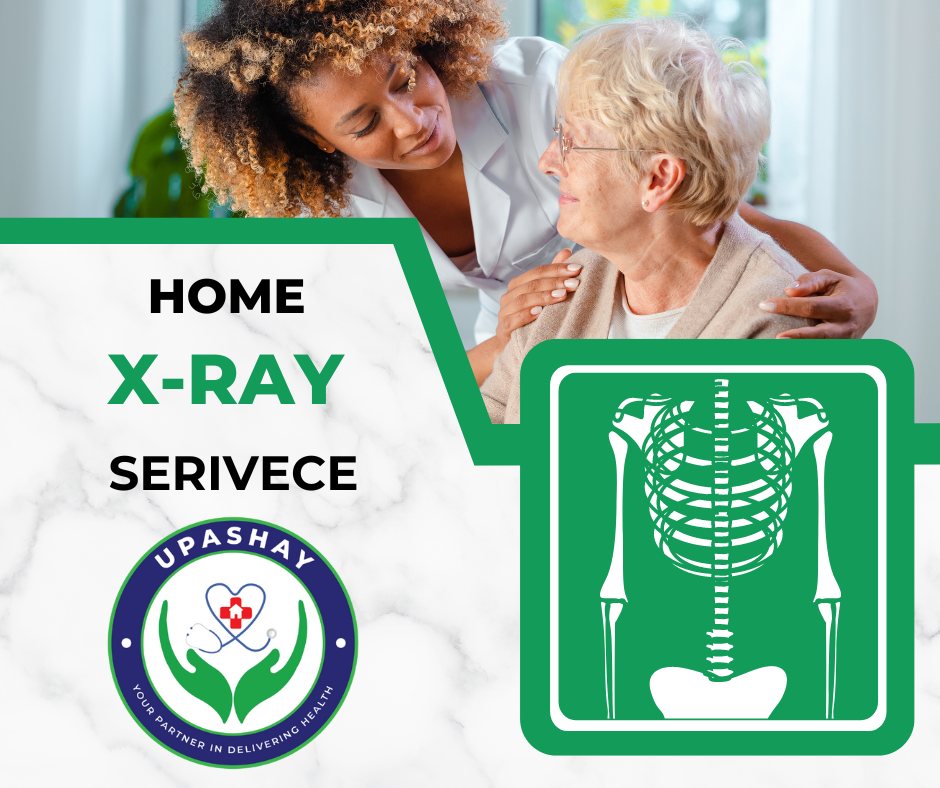24/7 Nursing Care for Home Patients: A Complete Guide

Table of Contents
1. Introduction
Imagine having access to professional care for your loved one without leaving the comfort of your home. 24/7 nursing care for home patients ensures that individuals who need continuous medical assistance can remain at home while receiving expert care round-the-clock. This type of care offers peace of mind for families, knowing that a trained professional is always there.
2. What Is 24/7 Nursing Care for Home Patients?
24/7 nursing care refers to continuous medical care provided by licensed nurses at a patient’s home. This type of care is typically offered to patients who have chronic conditions, are recovering from surgery, or require constant supervision due to a medical condition. Nurses work in shifts to ensure that care is uninterrupted, day and night.
3. The Importance of 24/7 Care
Why is 24/7 care so crucial? For many, it’s about safety. Patients who need constant care often suffer from conditions that could worsen if left unchecked, such as Alzheimer’s, heart failure, or mobility issues. Having a professional on hand means quick responses to emergencies, medication administration, and ongoing assessments of the patient’s condition. It’s like having a safety net, but at home.
4. Who Benefits from 24/7 Home Nursing Care?
Several groups of individuals benefit greatly from 24/7 home nursing care:
- Elderly patients who need help with daily activities or suffer from chronic illnesses.
- Post-surgery patients who require monitoring and medical support as they recover.
- Individuals with disabilities who need assistance with mobility, medication, or personal care.
- Terminally ill patients who wish to receive palliative care in the comfort of their home.
5. Key Services Provided by 24/7 Nurses
The range of services offered by 24/7 nursing care is extensive and tailored to each patient’s needs. Some key services include:
- Medication administration: Ensuring the patient takes the correct doses at the right times.
- Wound care: Proper management and dressing of surgical or chronic wounds.
- Vital sign monitoring: Regular checks on heart rate, blood pressure, and other vital signs.
- Personal care: Assisting with bathing, grooming, and other hygiene needs.
- Medical equipment management: Handling equipment like ventilators, catheters, or IVs.
6. Advantages of Receiving Care at Home
The familiar environment of home often promotes faster recovery compared to hospitals or nursing homes. Here are a few advantages of 24/7 home nursing care:
- Comfort and familiarity: Patients feel more at ease in their own home.
- Personalized care: Nurses can focus on just one patient, tailoring their care.
- Reduced hospital readmissions: With constant care, complications can be managed at home.
- Family involvement: Family members can stay close and actively participate in care.
7. Types of 24/7 Home Nursing Care
There are several types of 24/7 home nursing care, depending on the patient’s needs:
- Skilled nursing care: Provided by registered nurses for patients requiring medical attention.
- Non-medical home care: Assistance with daily activities like bathing and meal preparation.
- Palliative care: Focuses on relieving symptoms and improving the quality of life for patients with serious illnesses.
- Post-operative care: For patients recovering from surgery and needing continuous monitoring.
8. How to Choose the Right Nursing Care Provider
Choosing the right 24/7 nursing care provider involves considering factors like:
- Experience and qualifications of the nursing staff.
- Reputation and reviews from other patients.
- Availability of personalized care plans.
- Transparency regarding costs and services.
9. Costs Involved and Insurance Coverage
The costs for 24/7 nursing care can vary based on the services provided and location. It’s essential to:
- Check with your insurance about coverage for in-home care.
- Ask for an estimate from care providers to understand the costs upfront.
- Explore government programs or grants that might help cover expenses.
10. Common Conditions Managed with 24/7 Care
Patients with the following conditions often require 24/7 home nursing care:
- Stroke recovery
- Alzheimer’s disease or other forms of dementia
- Cancer treatments
- Chronic obstructive pulmonary disease (COPD)
- Heart failure
11. The Role of Family in Home Nursing Care
Family members play a crucial role in the success of 24/7 home nursing care. While nurses handle medical needs, families can provide emotional support, help with decision-making, and monitor overall well-being.
12. Technology’s Role in Home Nursing Care
Technology has revolutionized 24/7 home nursing care, enabling better patient monitoring and communication:
- Telehealth services allow for virtual consultations with specialists.
- Remote monitoring devices track vital signs and alert nurses to any changes.
- Electronic health records streamline communication between nurses and doctors.
13. How 24/7 Care Improves Patient Outcomes
Studies have shown that 24/7 home nursing care can significantly improve outcomes for patients. Patients experience fewer hospital readmissions, better symptom management, and a higher quality of life.
14. Emotional Benefits of Home Nursing Care
Apart from physical health, 24/7 home nursing care also positively impacts a patient’s emotional well-being. Patients feel more secure and relaxed in their familiar surroundings, leading to improved mental health and overall happiness.
15. Conclusion
24/7 nursing care for home patients provides a lifeline for those in need of continuous medical attention. Whether it’s for elderly care, post-surgery recovery, or chronic condition management, this service ensures that patients receive expert care in the comfort of their home. The advantages of personalized care, reduced hospital visits, and the emotional comfort of being at home make it an invaluable option for many families.
FAQs
What services are included in 24/7 nursing care for home patients?
24/7 nursing care includes medication management, wound care, personal hygiene assistance, and monitoring of vital signs. It is customized to each patient’s medical needs.
Is 24/7 home nursing care covered by insurance?
In many cases, insurance may cover part of the cost, particularly for medically necessary care. It’s essential to check your policy and inquire with the provider.
Can family members help with home nursing care?
Yes, family members often collaborate with nurses, providing emotional support and helping with non-medical tasks.
What is the difference between 24/7 nursing care and hospice care?
Hospice care is specifically for patients at the end of life, focusing on comfort rather than curative treatment. 24/7 nursing care can be for anyone needing continuous medical attention.
How can I find a reliable 24/7 nursing care provider?
Look for providers with a strong reputation, qualified staff, and transparent service offerings. Reading reviews and asking for referrals can also help ensure quality care.



